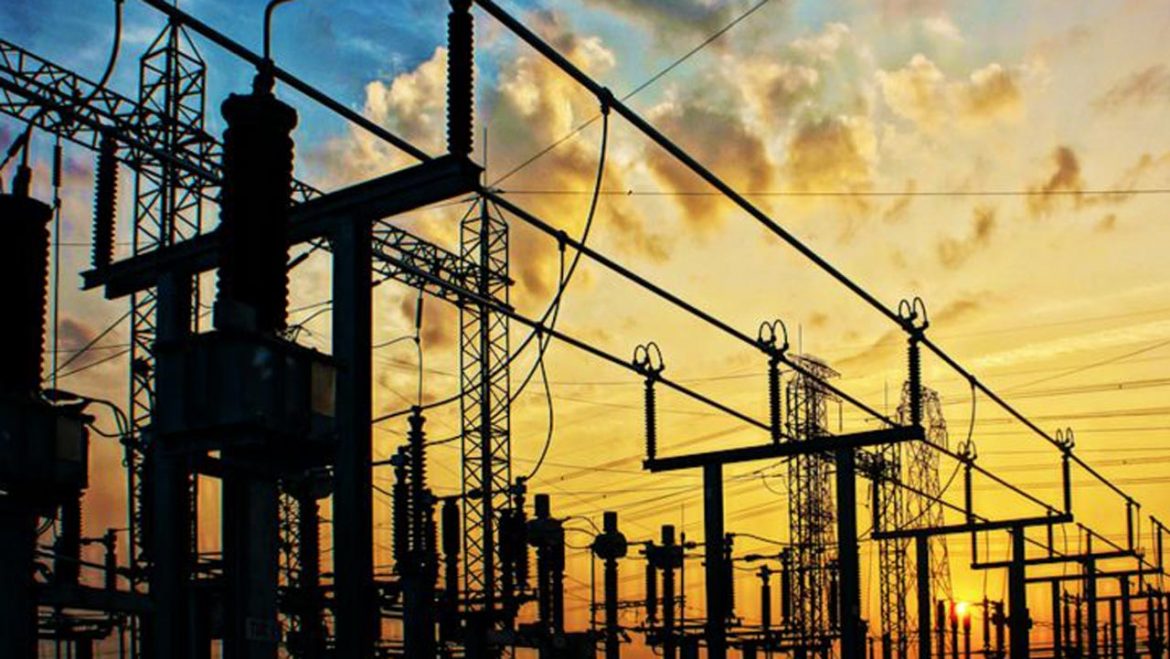312
By Daniel Adaji
States have called on the Federal Government to eliminate untargeted and unclear electricity subsidies, stressing that such subsidies undermine efforts to build cost-reflective and sustainable electricity markets across Nigeria.
This demand was made in a joint statement on Wednesday by Prince Eka Williams, Commissioner of Power and Renewable Energy, Cross River State and Chairman, Forum of Commissioners for Power and Energy in Nigeria (FOCPEN), alongside Omale Omale, Commissioner of Power, Renewable Energy and Transport, Benue State and Secretary of the Forum.
“We are resolute in our call for the removal of untargeted and opaque federal subsidies,” FOCPEN said, adding that States are instead advocating for “the establishment of truly cost-reflective sub-national and wholesale electricity markets.”
The statement follows the recent decision by the Enugu State Electricity Regulatory Commission (EERC) to review and reduce electricity tariffs within the state.
The forum affirmed that the move complies with the Constitution of the Federal Republic of Nigeria, the Electricity Act 2023, and Enugu State electricity laws, all of which empower states to regulate intra-state electricity markets.
According to the body, the EERC’s tariff order was the result of a meticulous review process that examined both the capital and operational expenditures of the state’s distribution company, MainPower Electricity Distribution Company. The Commission also evaluated the company’s customer tariff classification and regulatory asset base using data provided by the company itself.
One of the review’s findings revealed that certain lifeline customers were paying N4.00/kwh on premium Band A feeders, including a former two-time Military Administrator and Chief of Naval Staff. Based on this, EERC adjusted the tariffs to reflect a more equitable structure for both consumers and the electricity provider.
While Enugu has opted to reduce its Band A tariff, FOCPEN clarified that this decision is specific to the state’s market conditions and should not be seen as a national directive. States like Ekiti and Ondo, for instance, have chosen to maintain the current Multi-Year Tariff Order (MYTO) rates.
“Each State Electricity Regulator is uniquely positioned to determine and implement appropriate electricity tariffs that are fair to customers and at the same time catalyze investments,” the Forum stated.
The commissioners assured investors that the states are not aiming to arbitrarily cut tariffs or rely on unsustainable federal subsidies. Instead, they reaffirmed their commitment to creating financially viable electricity markets where tariffs are based on the actual cost of service delivery.
They also clarified that State electricity regulators only oversee the intra-state distribution segment, while tariffs for wholesale generation and transmission remain the responsibility of the Nigerian Electricity Regulatory Commission (NERC).
As such, concerns among generation companies (GenCos) about reduced revenue due to Enugu’s tariff review are “unfounded,” the Forum stated.
In a recent report, NERC stated that the Federal Government paid N375.8 bn in subsidies during the first half of 2024 to cover the gap between cost-reflective tariffs and what customers actually paid.
According to the regulator, N187.1bn was paid in the first quarter and N188.7bn in the second quarter. The subsidy was intended to cushion the impact of higher power costs as the government gradually phases out subsidies.
Despite this intervention, only 504,904 customers—just 4.6 per cent of the 12.1 million registered users—were on cost-reflective Band A tariffs as of June 2024.
The Commission noted a deepening market shortfall driven by DisCos’ inability to recover the full cost of power. “The government incurred a subsidy obligation of N187.11 billion in 2024/Q1 and N188.67 billion in 2024/Q2, representing 59.4% and 67.5% of total market invoices respectively,” it stated.
The total market invoice for energy received by all DisCos stood at N281.83 billion in Q1 and N279.53bn in Q2. However, remittances were only N172.6 billion in Q1 and N60.77bn in Q2. Ikeja Electric was the only distribution company that fully met its payment obligations in Q1.
NERC warned that the widening shortfall threatens the sustainability of the electricity market and called for urgent reforms to improve cost recovery and reduce reliance on government subsidies.



